During his official visit to the United Kingdom, General Secretary To Lam visited Oxford University and delivered a speech outlining his vision for the Vietnam-UK relationship framework and Vietnam's reform and development orientation in the era of national progress.
The Vietnam News Agency respectfully presents the full text of General Secretary To Lam's speech at Oxford University.
Madam Principal, and all the school leaders,
Dear professors, lecturers, researchers, students, and friends of Vietnam at the University of Oxford,
Ladies and gentlemen,
I, along with the Vietnamese delegation, am delighted to be present at a university with a long tradition of promoting academic freedom and the global dissemination of knowledge. Oxford is one of the world's leading centers of higher education, a symbol of British knowledge, and a place that has trained generations of people dedicated to peace , justice, and the progress of humanity.
It is an honor for us to share Vietnam's vision for the new era with you, especially with young people who are preparing to shape the future of the world, with future scientists and policymakers.
In today's meeting, I would like to tell you three things.
Firstly, the world is entering a period of intense strategic competition, fraught with risks but also opening up new opportunities for development.
Secondly, Vietnam has chosen a path of peaceful, independent, self-reliant, self-strengthening, and innovative development, for the people, not only to build a prosperous nation for its own people, but also to make a responsible contribution to regional stability and international order based on international law.
Thirdly, the Comprehensive Strategic Partnership between Vietnam and the United Kingdom, the highest level of cooperation in Vietnam's foreign policy, needs and will become a new model of cooperation that is substantive, equal, mutually beneficial, and conducive to shared development.
Ladies and gentlemen.
We are living in an era where borders and concepts of power are changing every day, even every hour.
The geopolitical landscape is witnessing strategic competition between major power centers, not only in terms of political and security influence but also in economics, technology, supply chains, data standards, artificial intelligence, and biotechnology.
Competition in innovation, control of core technologies, clean energy, and digital infrastructure has become a new power struggle. Frankly speaking: whoever masters the strategy and controls the strategic technology will shape the rules of the game and is most likely the winner.
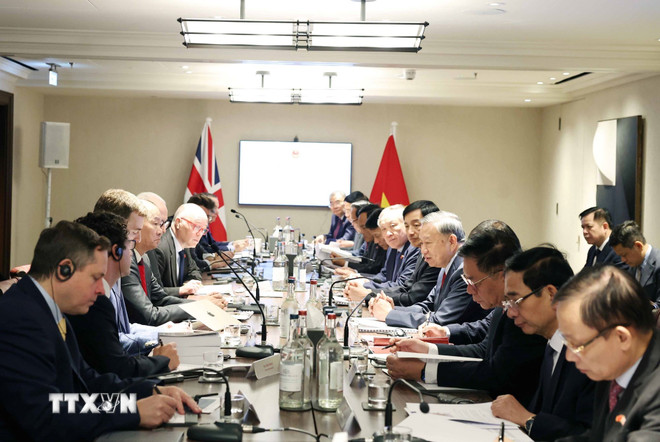
At the same time, the risks of local conflicts, sovereignty and territorial disputes, and clashes of interests at sea, in cyberspace, and in the digital space are increasing in both frequency and complexity.
The pressures of "choosing sides," "polarization," and "alliances to contain each other" are reappearing in more sophisticated forms. New boundaries are not only found in territory, meridians, and parallels, but also in data, technology, and value chains.
The world appears to be operating simultaneously on two trends: both deeper connectivity and faster division.
Traditional and non-traditional security challenges are intertwined: energy security, food security, water security, climate change, global pandemics, cybercrime, and cyberattacks on critical systems. No single country, large or small, can handle all these risks alone.
Geoeconomic competition today is not just about markets, tariffs, or trade deficits. It's about competing for strategic supply chains, gaining access to critical minerals, and setting new technological standards.
Many countries are adjusting their industrial strategies, promoting "self-reliance," "diversification," "reliability reduction," and "supply chain security." This is reshaping the global manufacturing landscape and restructuring investment flows.
In this context, the question facing nations is not just "whose side to take, and where to stand," but "how to stand firm, and how to be self-reliant."
For Vietnam, it is also a matter of life and death.
Vietnam has chosen the path of peace, independence, self-reliance, and cooperative development. Vietnam is a nation that fought for independence with blood and paid the price of war to achieve peace.
We understand the ultimate value of peace. President Ho Chi Minh's truth, "Nothing is more precious than independence and freedom," is the guiding principle for my nation's actions. It is the moral foundation and principle of our lives in today's social life and international relations.
In a world constantly pressured to choose sides, Vietnam steadfastly pursues an independent, self-reliant, multilateral, and diversified foreign policy; Vietnam aspires to be a friend, a reliable partner, and a responsible member of the international community.
Vietnam strives to build a "stable and peaceful environment": maintaining political stability and economic and social development internally, while preserving a peaceful, cooperative, and mutually respectful environment externally; resolving differences through peaceful means and international law; and placing people and their legitimate interests above all else.
We are steadfast in our principles: firmly safeguarding independence, sovereignty, and territorial integrity; while simultaneously creating the most favorable external environment for national development, improving the quality of life for our people, narrowing the development gap, and contributing to peace and stability in the region and the world.
We defend our homeland through peace, international law, our national culture and traditions, and mutually beneficial cooperation. This is a proactive and responsible strategic choice of Vietnam.
I want to emphasize that Vietnam does not advocate confrontation. Vietnam does not choose a path of development based on conflict or antagonism. We believe in equal dialogue, in international law, and in the belief that sovereignty should not be asserted by weapons or coercion, but by mutual respect, by agreements that respect common laws, and by shared interests.
That spirit has helped Vietnam maintain political and social stability while proactively integrating into the international economy, participating in new-generation free trade agreements, and expanding multi-layered cooperation with partners in all regions, including the United Kingdom.
Ladies and gentlemen.
To progress far, quickly, stably, sustainably, and proactively, we understand that we cannot rely solely on natural resources, cheap labor, or advantages in manpower... Vietnam has chosen a very clear path: science and technology, innovation, digital transformation, and the knowledge economy will be the main drivers of growth in the coming period.
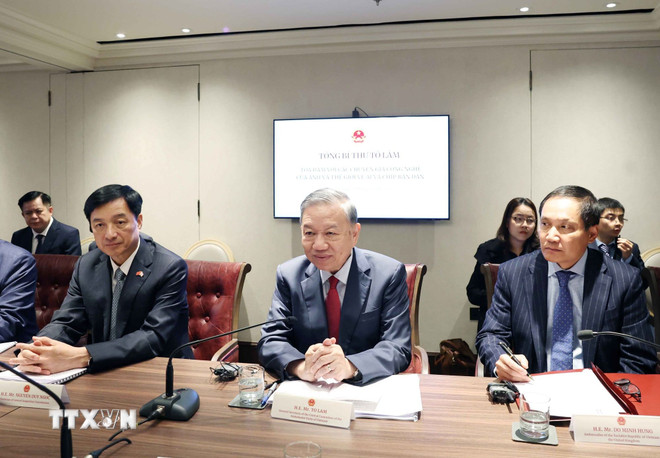
We are strongly promoting the national digital transformation strategy, developing the digital economy, green economy, circular economy, and low-carbon economy.
We view innovation not merely as a pure scientific laboratory, but as the lifeblood of the economy, the driving force behind national competitiveness, and the ability to withstand geopolitical and geoeconomic shocks.
This necessitates institutional reform. We continue to build and perfect the model of a "socialist-oriented market economy": an economy operating according to market laws, encouraging healthy competition, respecting the role of private enterprises as an important driving force of growth; while affirming the guiding, leading, and regulating role of the socialist rule of law state, under the leadership of the Communist Party of Vietnam, to ensure development goes hand in hand with social progress and equity.
In short, we consider the private sector to be the most important driving force for economic development; we consider the state-owned economic sector to be the leading force in ensuring macroeconomic stability, economic security, energy security, and food security; and we consider the rule of law, honest governance, and the fight against corruption, waste, and vested interests as conditions for social trust, for the efficient allocation of social resources, and for all citizens to enjoy the fruits of development fairly.
At the same time, we place people at the center of all our development strategies. The main goal is not growth statistics, but to genuinely improve the quality of life for our people: income, housing, public healthcare, quality education, social security, opportunities for personal development, and a safe and healthy living environment.
We want growth without sacrificing the environment. We want industrialization without losing our culture. We want urbanization, but without leaving anyone behind.
This is a fundamental point in Vietnam's development thinking: rapid growth must be linked to sustainable development; sustainable development must be based on knowledge, science and technology, and innovation; and innovation is only meaningful when the people benefit genuinely, fairly, and equally.
Based on that foundation, Vietnam has set two very clear strategic goals, which we call the two centenary goals.
Our first objective is that by 2030, marking 100 years of national development under the leadership of the Communist Party of Vietnam, we are determined to become a developing country with a modern industrial base and a high middle income.
The second objective is that by 2045, the 100th anniversary of the founding of the Socialist Republic of Vietnam, Vietnam strives to become a developed, high-income country with a modern economy, a civilized society, a high standard of living for its people, and a worthy position in the international community.
This is a political and historical commitment that we declare to our people and to the international community.
Dear friends,
Vietnam and the United Kingdom established diplomatic relations in 1973. Since then, the two sides have come a long and meaningful way, despite differences in geography, levels of development, and political systems.
In 2010, the two countries signed a Joint Declaration establishing a Strategic Partnership. This was a major turning point, opening up extensive cooperation in many areas such as political-diplomatic relations, trade-investment, education-training, science-technology, defense-security, sustainable development, and people-to-people exchanges.
To date, economic and trade cooperation between Vietnam and the United Kingdom has become increasingly strategic. Following the UK's departure from the European Union, the two countries signed a bilateral free trade agreement based on high-quality commitments, thereby ensuring the continuity of trade and investment flows.
At the same time, the United Kingdom joined the Comprehensive and Progressive Trans-Pacific Partnership (CPTPP), of which Vietnam is one of the founding members, creating another open economic cooperation structure based on high standards in digital trade, intellectual property, services, and investment.
Educational cooperation is a very prominent pillar. Tens of thousands of Vietnamese students have studied, and are currently studying, in the UK in fields ranging from science and engineering, information technology, finance, medicine, biomedical science, to public policy and high-quality human resource training, serving as a bridge of knowledge connecting the two countries.
Today, we stand at a new stage of development: the two countries are moving toward upgrading their relationship to a Comprehensive Strategic Partnership – the highest level in Vietnam's foreign policy system.
This clearly affirms that Vietnam considers the UK not only a trade partner, an educational partner, and a science and technology partner, but also a long-term strategic partner to jointly shape the standards of cooperation in the 21st century.
I want to emphasize two things:
Firstly, the Vietnam-UK relationship is one of friendship, cooperation, and mutual development. It is a partnership where both sides share fundamental interests in maintaining peace and stability, respecting international law, ensuring freedom of navigation, protecting global supply chains, promoting fair and sustainable trade, addressing climate change, and pursuing green and inclusive development.
In other words, this is a convergence of the UK's need for deeper engagement in the Asia-Pacific region and Vietnam's need to expand its strategic, technological, educational, and high-quality financial space with the UK, Europe, and the international community.
Secondly, we need a new model of cooperation—one that is practical, measurable, and directly benefits the people of both countries.
When I say “a new model of cooperation,” I mean the collaboration between the UK’s strengths in basic science, applied science, high technology, biomedical science, public health, higher education, urban management, energy transition, and financial services, and Vietnam’s needs for digital transformation, green transformation, improving the quality of human resources, innovating development governance, and perfecting the socialist-oriented market economy institutions.
This is not just about “technology transfer” collaboration. It’s about co-shaping the future. I believe that Oxford – with its tradition of connecting knowledge and public policy, and with its influential alumni network worldwide – can play a very concrete role in this process.
I envision at least four possibilities:
(1) Joint training and research cooperation in key areas such as public health, biotechnology, nuclear science, basic science, responsible artificial intelligence, climate change, clean energy policy.
(2) Expert exchange program between Vietnamese policy research institutes and policy research centers, public administration, and sustainable development centers in the UK, to jointly develop policy recommendations that can be applied in practice, bringing effective and specific results to the places where the recommendations are applied.
(3) Cooperation to support innovation and technology startups for Vietnamese businesses, especially small and medium-sized enterprises, innovative startups, which will determine the speed of digital transformation and green transformation of the Vietnamese economy in the next decade.
(4) Together we will experiment with sustainable urban development models, green finance, open education, digital health and public health care, areas of mutual interest and urgent need.
If we can achieve that, then the Vietnam-UK relationship will not be just high-level political declarations. It will become a living resource, a network of knowledge and technology stretching from Hanoi to London, from Ho Chi Minh City to Oxford, between research institutes, universities, businesses, and even from people to people.
Dear friends,
Vietnam is entering a new phase of development with a strong aspiration: to build a powerful, prosperous, and compassionate nation; a modern, green, and smart economy; and a just and civilized society where people are guaranteed human security and are given opportunities for comprehensive development.
We strive for the goal of "a prosperous people, a strong nation, democracy, fairness, and civilization." This is a consistent direction in our national development strategy.
We believe in the power of humanity and righteousness. Throughout history, the Vietnamese people have always used humanity and righteousness to overcome brutality, and compassion to replace tyranny.
We believe that the most enduring strength of a nation is not just military or financial power, but moral strength, the strength of national unity, and the strength of building trust with international friends.
We cherish peace, freedom, and development. We seek equal cooperation. We do not accept imposition. We respect international law.
We do not want the world divided into opposing blocs, but rather a united world because "this earth is ours." We want the world to develop together.
In that spirit, I hope that the younger generation in the UK, research institutions, universities, innovative businesses, civil society organizations, and future policymakers will always believe that Vietnam is a sincere and reliable partner, sharing responsibilities and interests in a reshaping world order.
I believe that if we work together to build a comprehensive, substantive strategic cooperation framework based on mutual respect, mutual benefit, and a long-term vision, then the Vietnam-UK relationship will not only advance to a new level on the diplomatic map of the new era.
This will become a driving force, a model, a shared success story—not only for our two countries, but for peace, stability, and sustainable development in the 21st century.
Thank you very much, ladies and gentlemen.
Thank you to Oxford University for providing the space for us to engage in frank, open, and objective discussions, and to think together about a better future.
I would like to express my sincere gratitude.
Source: https://www.vietnamplus.vn/toan-van-bai-phat-bieu-cua-tong-bi-thu-to-lam-tai-dai-hoc-oxford-post1073423.vnp








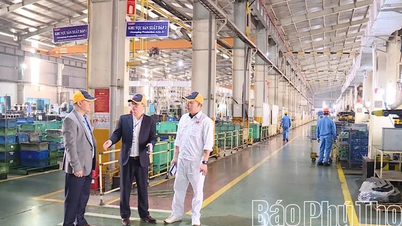

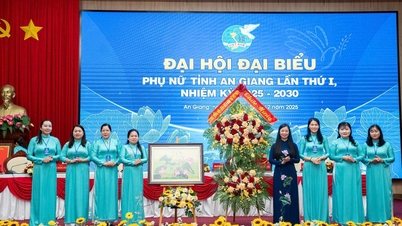



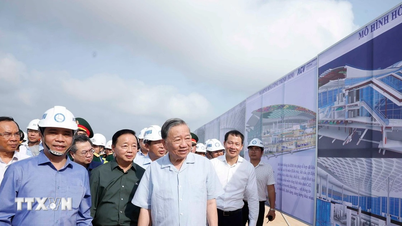
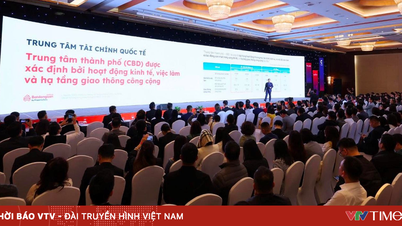
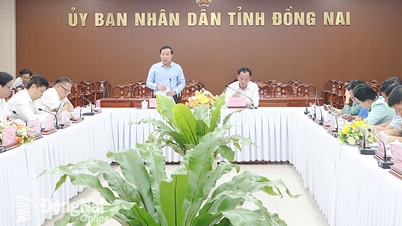

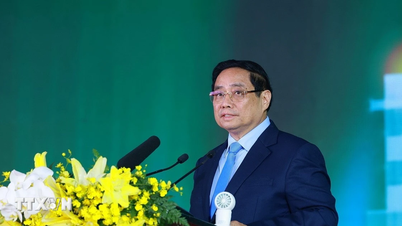
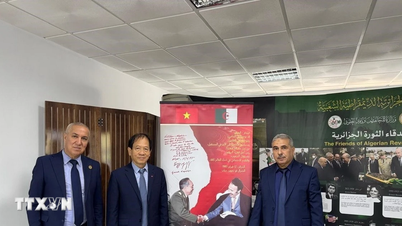
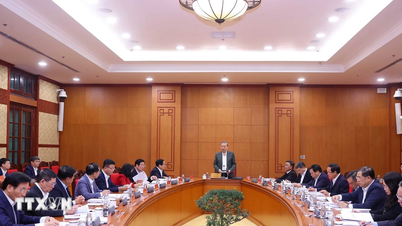
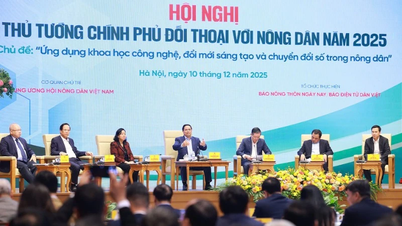

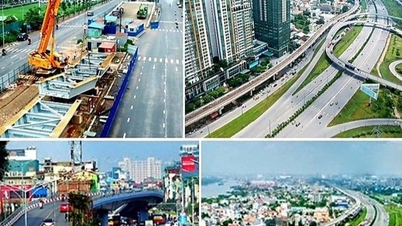

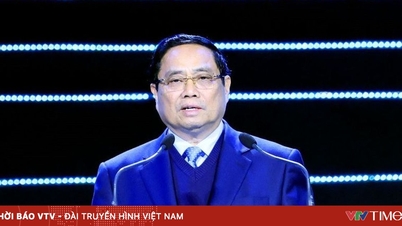
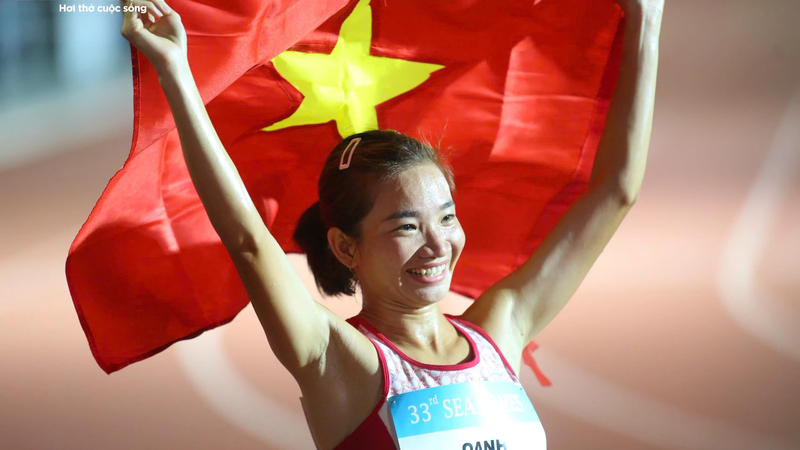




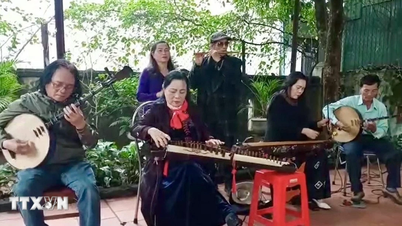
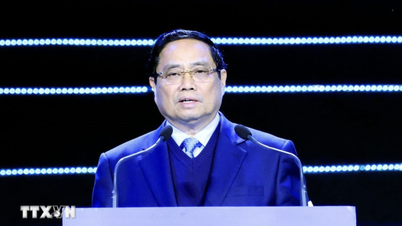


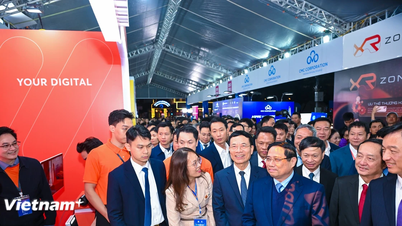

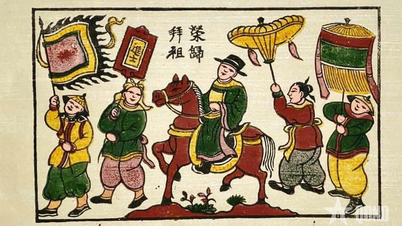



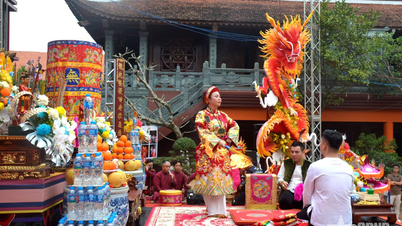










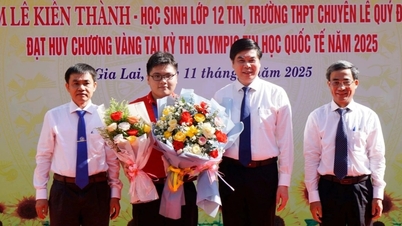
















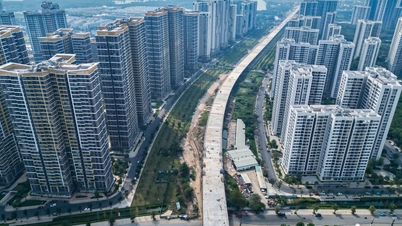
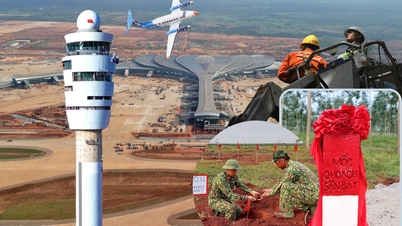




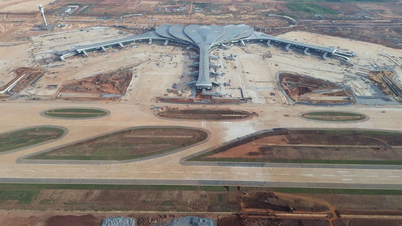
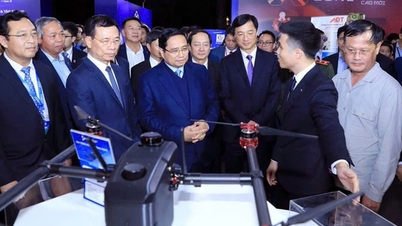

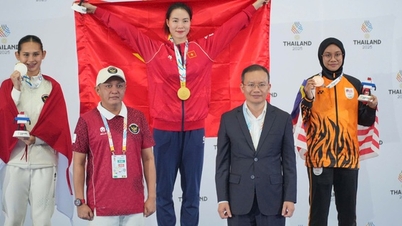

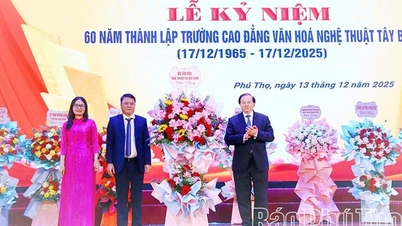
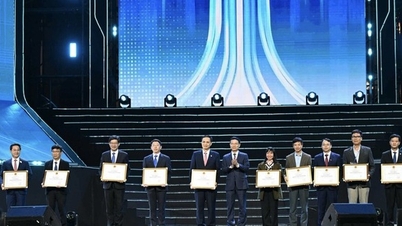
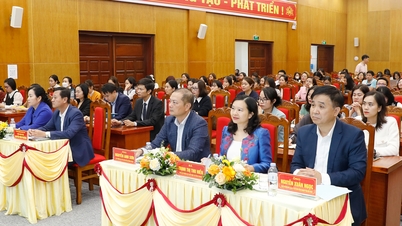

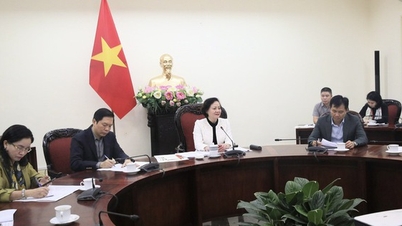
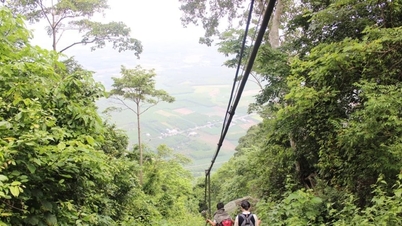

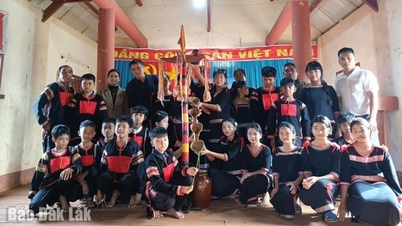



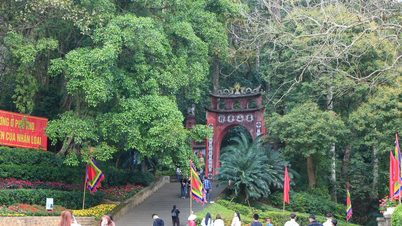
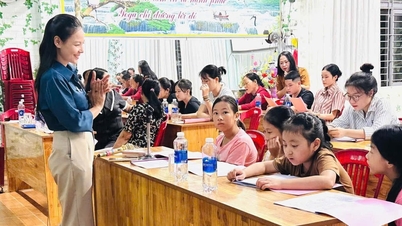
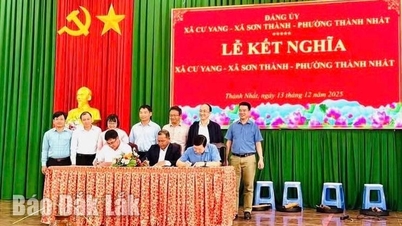














Comment (0)